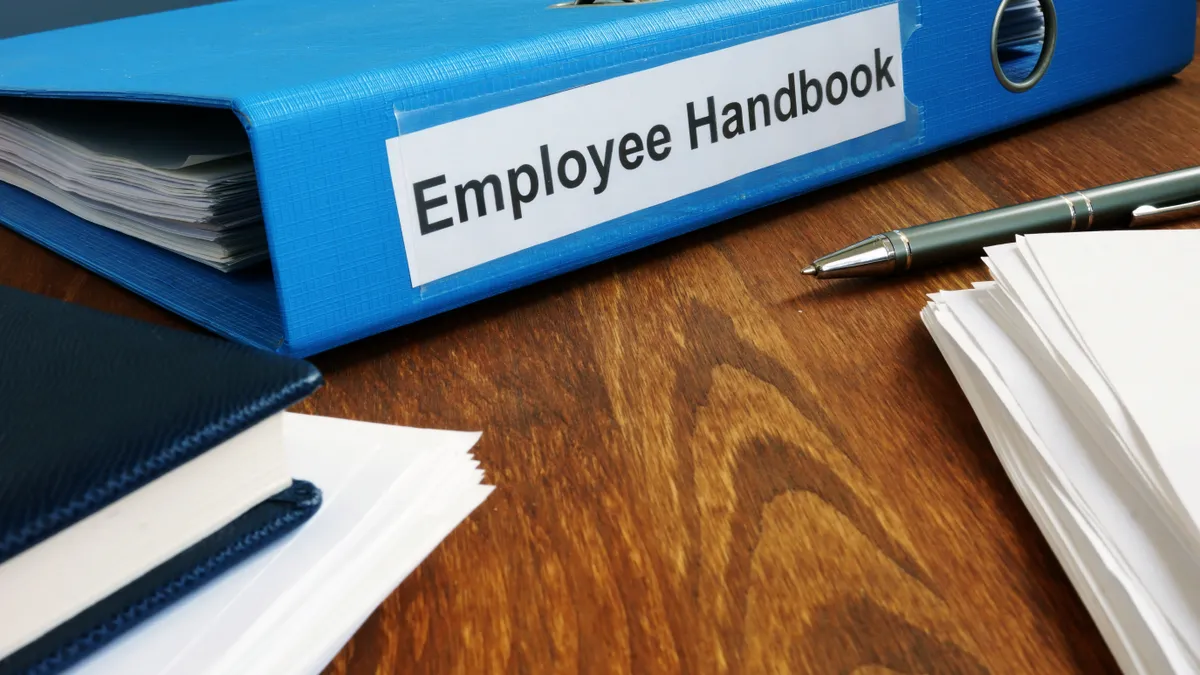Don’t over-promise on confidentiality in your employment-related investigations, Allen Smith, manager of workplace law content for the Society of Human Resource Management (SHRM), says in an analysis he prepared using input from attorneys who specialize in employment law.
If your employee handbook says complaints and any follow-up investigation will be handled in strict confidentiality, you can’t reasonably deliver on that, so the language should be changed, Martha Boyd, an attorney with Baker Donelson in Nashville, told Smith.
When she gets asked to review employee handbooks, Boyd said, she calls out language that can’t be supported.
“I [recommend changes] with an eye toward narrowing any promises of confidentiality," she said.
Necessary disclosures
In the course of any investigation related to harassment or other employment-related matters, the company will have little choice but to disclose certain facts about the case, said Boyd.
If the case started with a person filing a complaint, for example, you’ll need to demonstrate to that person that you thoroughly investigated the matter before you took your action. That means disclosing some of what you found.
Or you might have to share some findings with a court or the Equal Employment Opportunity Commission or a state agency, depending on the nature of the matter.
And if you end up firing someone, you’ll have to disclose some of what you found to defend your decision, she said.
Practical matters
The investigation process itself requires revealing some of what’s going on to people in the company beyond legal or HR.
IT and finance, for example, will likely have to be brought in to the extent you try to obtain electronic messages, time cards and expense reports, Thomas Johnson II, an attorney with Faegre Drinker in Philadelphia, said in Smith’s analysis.
Or if you need to videotape people while they’re working, you’ll need to reveal the date, time and place of the recording to IT, he said.
As you bring in people for questioning, you might need to disclose something that you already know to give the participants context so they understand what to talk about.
"The calculus for deciding what information to reveal typically is that there is no other feasible way to obtain other necessary information except for such a disclosure," said Philip Kontul, an attorney with Ogletree Deakins in Pittsburgh.
If you need to reveal confidential information to someone to help get them to say what they know, you can make clear there could be disciplinary action if they use that information in some way, like to retaliate against someone, said Kontul.
C-suite executives and board members might also need to be told some of the facts of the case.
Bottom line: Investigations should be kept as confidential as possible, but since they can’t be kept 100% closed, it would be a mistake to represent to your employees that anything they say if they come forward will remain private.
“Qualify any representation that the investigation will be kept confidential to account for these types of potential scenarios," Boyd said.











